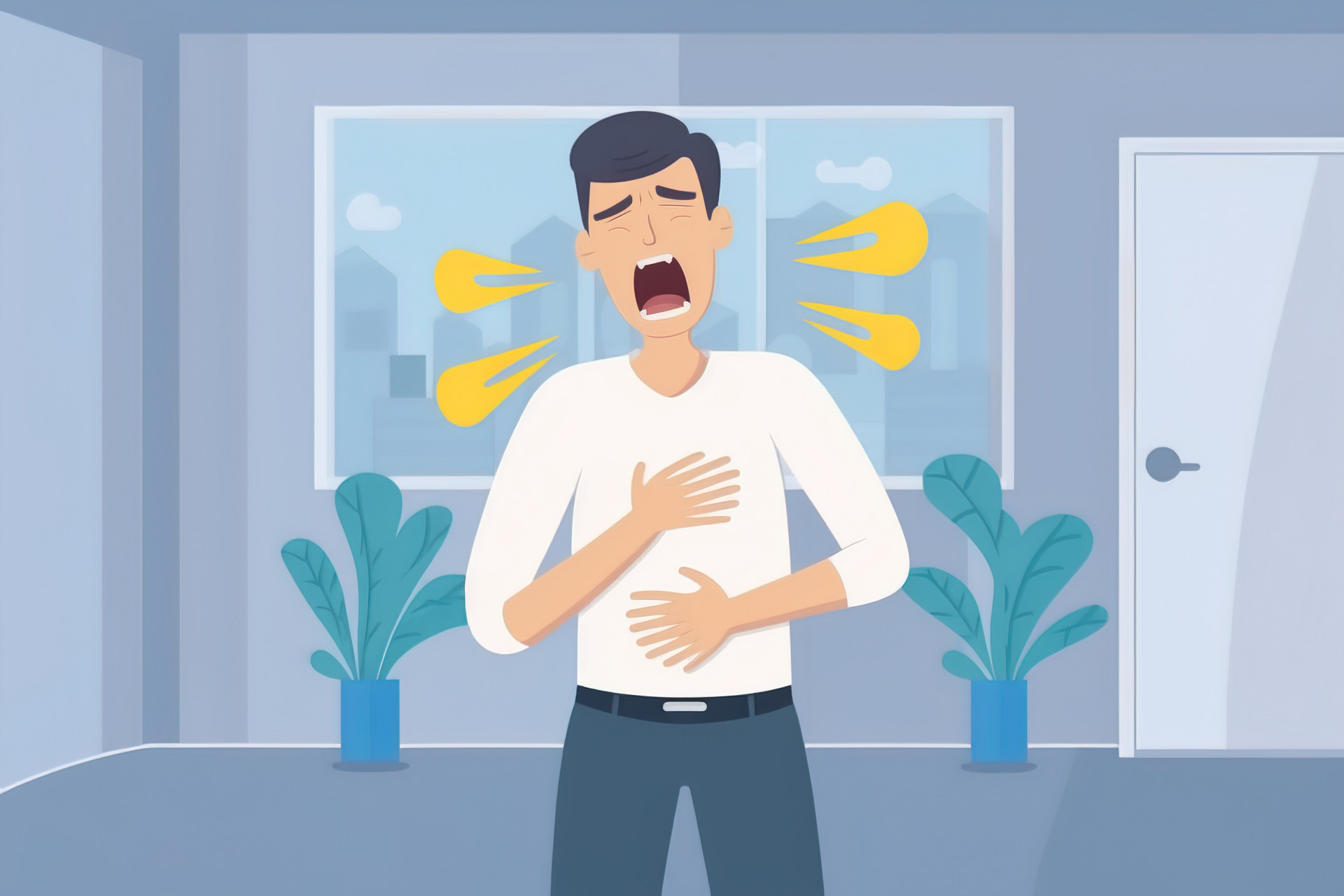Misconception 1: Eating meat before drinking makes you less likely to get drunk
Although eating fatty food before drinking can slow down the rate at which alcohol enters the body, it does not reduce the amount of alcohol absorbed. Therefore, it only delays getting drunk and does not make you less likely to get drunk. On the contrary, because the process of getting drunk is delayed, it is easier for people to drink more, resulting in a stronger intoxication and an increased risk of alcohol poisoning.
Misconception 2: Mixing different types of alcohol makes you more likely to get drunk
Whether you drink one type of alcohol or multiple types, it does not affect the body's absorption of alcohol. As long as a certain amount of alcohol is consumed, it will make a person feel intoxicated, regardless of the type of alcohol. However, mixing different types of alcohol can cause more irritation to the organs such as the intestines and liver, making it more likely to cause gastrointestinal discomfort.
Misconception 3: Alcohol tolerance is related to body shape and gender
Generally speaking, women naturally have less alcohol dehydrogenase, which is responsible for breaking down alcohol in the body, compared to men. Therefore, women have a lower alcohol tolerance. Body weight and shape are also important factors in determining alcohol tolerance. When consuming the same amount of alcohol, people who are overweight or tall have more body water and blood volume, resulting in a lower alcohol concentration in the blood and a relatively lower likelihood of getting drunk. However, alcohol absorption also depends on many other factors, including personal genetics, metabolic rate, and medications being taken. Therefore, alcohol tolerance cannot be solely judged based on body shape and gender.
Misconception 4: Alcohol tolerance can be developed through practice
Long-term alcohol consumption can stimulate the production of alcohol dehydrogenase, increasing its secretion and improving the ability to metabolize alcohol. This may make a person feel that their alcohol tolerance has improved, but it does not reduce the harm that alcohol causes to the body. Alcohol is metabolized by the liver, and long-term intake of large amounts of alcohol can overload the liver, leading to pathological changes such as fatty liver and cirrhosis. It can also damage the nervous system, reduce fertility, and trigger various diseases such as stroke and heart disease, as well as increase the risk of cancer.
Misconception 5: Drinking alcohol keeps you warm
After drinking alcohol, blood vessels are stimulated and dilate, causing blood to flow faster to the skin and giving a feeling of warmth. However, this is only a temporary illusion. After a short period of warmth, the blood vessels cannot contract in time, resulting in an accelerated rate of body heat loss and making a person feel colder.
Misconception 6: Drinking alcohol relieves sorrow
Alcohol is actually a depressant that can numb the central nervous system and reduce self-control, causing intoxicated individuals to behave in ways they normally wouldn't, such as getting into arguments or causing a scene. This gives the illusion of excitement and heightened emotions. However, as blood alcohol concentration increases, the body gradually experiences various discomforts, which can actually lead to increased feelings of depression and sadness.
Misconception 7: Sleeping it off in a supine position will sober you up
Intoxicated individuals often vomit, and if they lie flat, vomit can flow into the airway, blocking the trachea and causing aspiration pneumonia or even suffocation. Therefore, it is necessary to let intoxicated individuals sleep on their side to allow vomit to flow out of the oral cavity. Additionally, intoxicated individuals should not be left alone in unfamiliar environments such as KTVs or bars to avoid accidents.
Misconception 8: Cold showers, coffee, and strong tea can sober you up
Cold showers and hot coffee may temporarily make a person feel more awake, but they do not reduce blood alcohol concentration. The caffeine and other substances in coffee and strong tea have diuretic effects, stimulating the body to excrete a large amount of water, which is not conducive to kidney health and does not help dilute alcohol.








